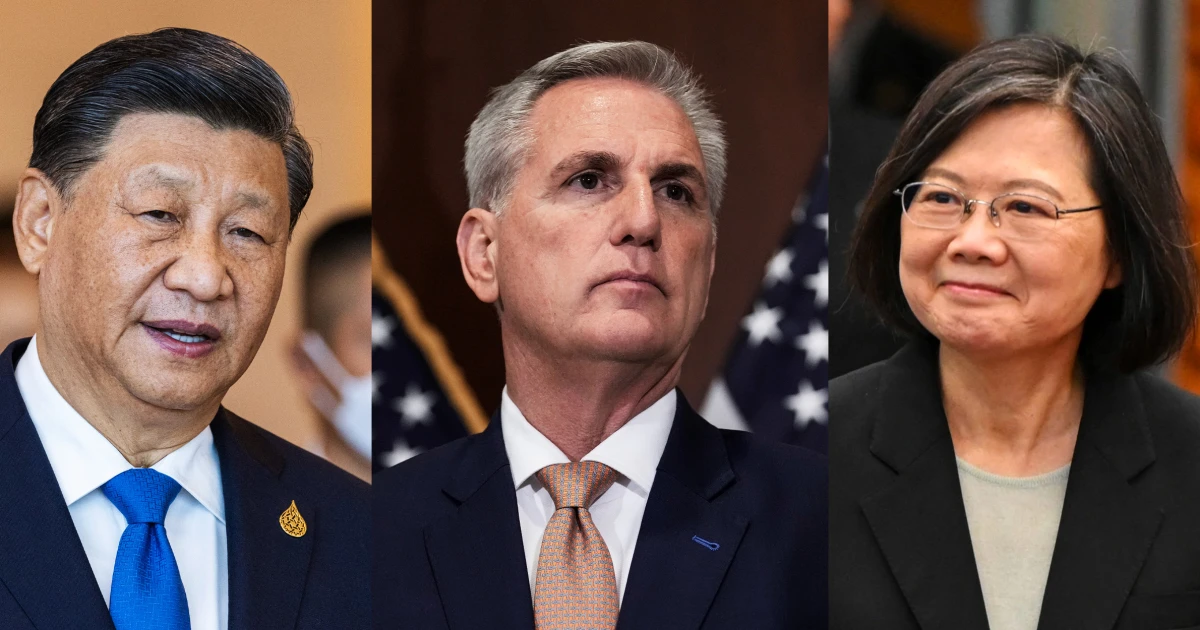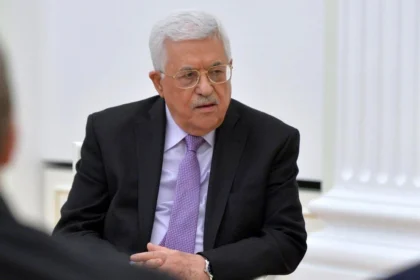Taiwan, a self-governed island in East Asia, has found itself at the center of a geopolitical love triangle between the United States and China. Last week, Taiwan’s President Tsai Ing-wen visited the United States and held a meeting in California with the speaker of the US House of Representatives, Kevin McCarthy. This meeting drew criticism from China, which views Taiwan as part of its territory.
The timing of Tsai’s visit is not coincidental. There is growing hostility towards China in the United States, and this is leading to more open displays of support for Taiwan. Democrats and Republicans are competing to outdo each other in their support for Taiwan, with former House Speaker Nancy Pelosi making a controversial visit to the island last summer. China responded with threats of invasion and flew missiles over the island.
Despite the risks, McCarthy declared his intention to follow Pelosi’s example and visit Taiwan. However, Tsai declined and instead opted for a meeting in California. While this may not have been as provocative as a visit to Taiwan, it still sends a strong message to China that the US is standing by its ally.
This “transit diplomacy” is crucial for Taiwan, which has seen many of its formal allies poached by China over the years. These visits serve as proxy indicators of international support for Taiwan, which is important for the island’s recognition on the global stage.
Meanwhile, China has mounted its own charm offensive by inviting Tsai’s predecessor, Ma Ying-jeou, to tour the mainland. This is the first time a former president of Taiwan has been invited to China since its founding in 1949. China is trying to soften its tone towards Taiwan and win more hearts and minds, especially as the 2024 presidential campaign approaches.
However, there is a risk in Ma’s strategy. Over 60% of Taiwan’s residents describe themselves as Taiwanese, not Chinese. While Ma is trying to position himself as a bridge between the two sides, his message may not resonate with Taiwanese voters.
The elephant in the room, however, is the deteriorating relationship between the United States and China. As tensions continue to rise, Taiwan finds itself in a precarious position. While the island may welcome the support of the US, it must also avoid becoming a pawn in the larger US-China power struggle.




